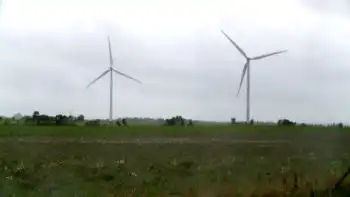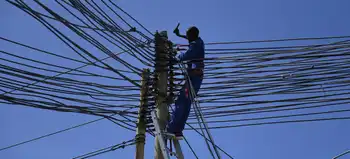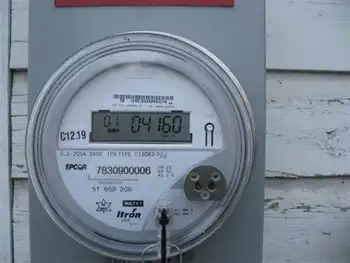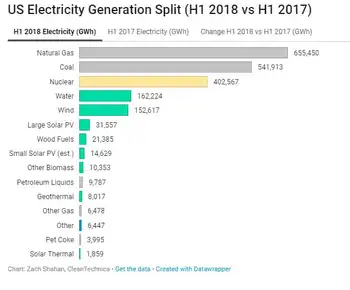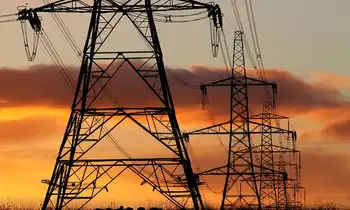California puts Tessera solar plant on hold
By Reuters
CSA Z463 Electrical Maintenance
Our customized live online or in‑person group training can be delivered to your staff at your location.

- Live Online
- 6 hours Instructor-led
- Group Training Available
California aims to get a third of its electricity from renewable energy by 2020 and the $2 billion plant is an important step toward that goal.
An attorney for California Unions for Reliable Energy had argued in a November 11 letter that the energy commission, which licenses large-scale solar thermal power plants, had not filed required written findings about Calico environmental consequences when it approved the project on October 28.
The order was issued November 19 and the commission will take up the decision again on December 1, but the Sierra Club told Reuters that the environmental group may mount a legal challenge to Calico due to its impact on the imperiled desert tortoise, fringe-toed lizard and other wildlife.
"We are considering litigation," Gloria D. Smith, a senior staff attorney with the Sierra Club in San Francisco, said in an email.
Calico is one of seven huge solar thermal power plants that the energy commission has licensed over the past three months so developers can begin construction by the end of the year to qualify for a federal cash grant that covers 30 percent of a project's cost.
Tessera has signed a contract to supply electricity generated by Calico to utility Edison International's Southern California Edison, which is counting on the project to help it meet its renewable energy targets.
Karen Douglas, the energy commission's chairman, issued an order withdrawing approval for Calico.
Douglas wrote that the withdrawal of approval did not mean that the commission agreed with the argument by the California Unions for Reliable Energy that its decision had been improper.
A Tessera representative did immediately not respond to a request for comment.
The company plans to deploy 26,540 solar dishes called Suncatchers at Calico. Resembling giant mirrored satellite receivers, each Suncatcher is 40 feet high and 38 feet wide and generates electricity by focusing the sun on a Stirling engine to heat hydrogen gas. As the gas expands, it drives pistons to generate electricity.
The commission approved Calico only after Tessera agreed to reduce its footprint nearly in half to 4,613 acres in Southern California's Mojave Desert. The revised configuration would reduce the impact on the desert tortoise by 79 percent, the commission said.
But in an October 20 letter to the commission, Smith argued that even a downsized project would prove devastating to protected wildlife.
"It would result in the deaths of scores of threatened desert tortoises, result in the local extinction of the Mojave fringe-toed lizard, destroy an exceedingly rare desert plant, obstruct bighorn sheep movement, risk the survival of local golden eagles and impact burrowing owls, desert kit fox, and American badger," Sierra Club's Smith wrote. "The mere fact that each of these species is even present on the Calico site is astounding."
Tessera also faces a challenge to its 709-megawatt Imperial Valley solar project to be built near the Mexican border. Last month, the Quechan Indian Tribe filed suit against the federal government over its approval of the power plant, contending that it would harm the flat-tailed horned lizard, an animal proposed for endangered species protection that is part of the tribe's creation story.






